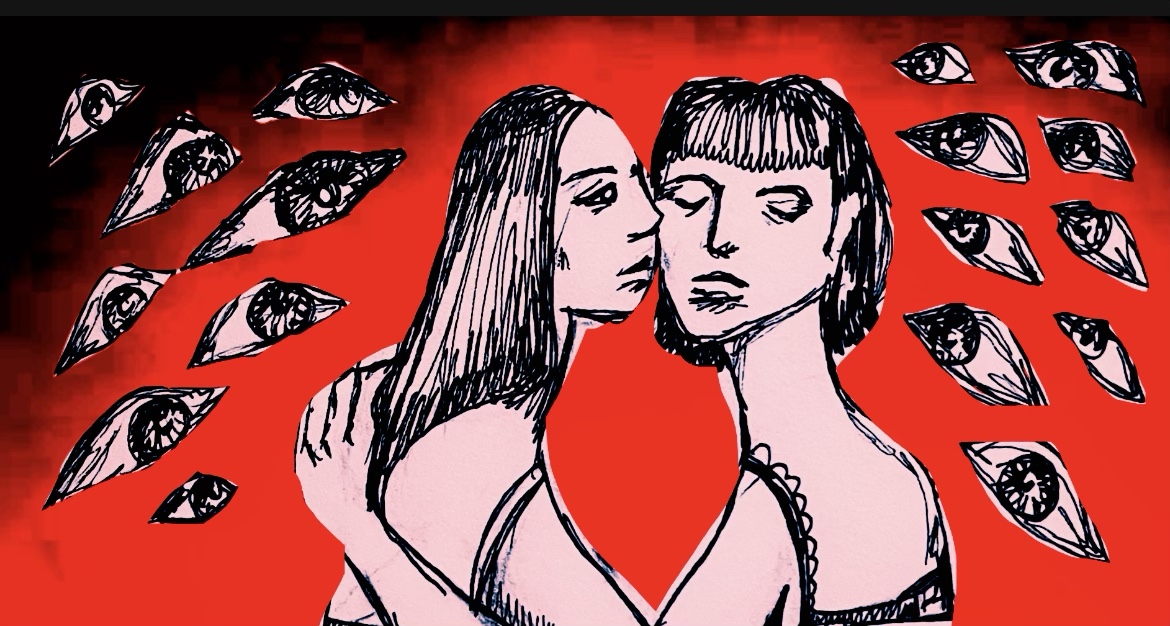The idea of no-strings-attached, casual hookups is destroying the way our generation handles sex.
This idea of “hookups,” the idea of a sexual encounter being a casual and non-romantic experience, has been around for a little over a century now, having developed in the 1920s, according to a Feb. 2013 American Psychological Association study.
Around 70% of people aged 12-21 reported having had some form of uncommitted sexual encounter, according to the same 2013 APA study.
Our generation is increasingly participating in these non-committal hookups, which is influencing the way we approach romantic relationships.
Hookups are increasingly prevalent on college campuses due to access to parties and substances, according to the 2013 APA study.
Non-committal hookups imply that sex should not be associated with someone you love or trust, which creates issues maintaining a steady relationship later, according to an Oct. 15, 2016 study in the Journal of Sex Research.
Lea Hofmeister, a first-year student, shared her personal experience and beliefs regarding hookup culture.
“Personally, I choose not to take part in hookup culture because I need there to be a connection with that person and have established trust with them,” she said.
Trust and connection are important with any sexual act, which is why hookup culture has become so harmful to our generation’s idea of a relationship.
“For me, it’s a very vulnerable situation and I can’t just feel comfortable with anyone,” Hofmeister added.
Casual hookups aren’t for everyone: most people need to build up trust with another person before engaging in a sexual act, according to the same 2013 APA study.
“I also feel that hookup culture has damaged modern dating and relationships because at what point are you in a relationship instead of a situationship?” she said.
Responses to hookup culture have a gender divide as well, with 82% of men being glad they did it while only 57% of women being glad they did, according to the 2016 study in the Journal of Sex Research.
“From what I’ve seen, men do typically prefer a non-committal hookup while women seem to hope for it to lead to a relationship,” Hofmeister said.
Hookup culture has a significant impact on mental health as well.
College students have reported an increase in depressive symptoms and loneliness after engaging in a casual hookup, according to an Oct. 14, 2021 Modern Intimacy article.
“Hooking up can impact your mental health in two ways, you’re feeling good because you just had sex but you also feel like nobody wants you because of the non-committal aspect,” Hofmeister said.
Hooking up can make one feel like they’re not enough or appreciated, since the other person can just cut contact with them after they’re done.
This creates the idea that you don’t need to love a person or feel truly comfortable with them to have sex with them.
But hookup culture isn’t all bad.
It can help expand someone’s sexual knowledge and let them explore new things, according to the same Modern Intimacy article.
For certain people, they don’t require that feeling of commitment and love to have sex, which can allow them to participate in it without fully committing to someone—but both people in the act should be comfortable with that.
If one person is expecting a relationship and the other just wants sex, that can be very destructive to that person’s mental health.
It’s totally acceptable to participate in a casual, one-time hookup, as long as both members of the act are okay with that.
Our generation needs to start participating in open dialogues surrounding hookups and sex. Trust and comfortability need to be established for many people to partake in sex, so always make sure that it is reciprocated.
With the prevalence of casual hookups on college campuses, our generation needs to begin prioritizing healthy sex with mutual understanding and communication.








